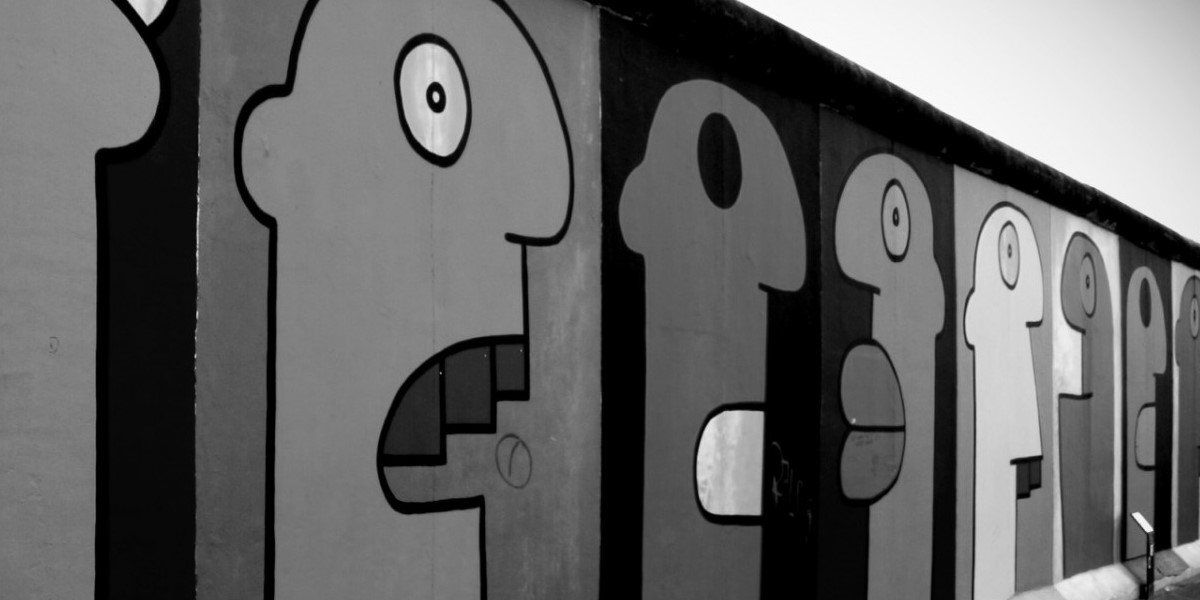
About Besserwessis, GroKos and Jammerossis – A light-hearted look at German Words of the Year
Written by Emma Pedersen
Every year the Gesellschaft für deutsche Sprache (Association of German Language) selects a Wort des Jahres (Word of the Year).
There has been a Word of the Year since 1971, and it should come as no surprise that the Reunification time period brought us some interesting words. My personal favorite is the 1991 word: Besserwessi.
Even if you know a little bit of German, this word needs some explanation. Better-Westerner? That’s the literal translation, but it is really a sarcastic pun. A besserwisser (better-knower) is a know-it-all; someone who thinks they know better than everybody else. Wessi is slang meaning West German (and Ossi means East German). Combined, Besserwessi accuses West Germans of acting like smart Alecs. According to Duden Dictionary, Besserwessi refers to a person from the former West Germany who behaves condescendingly towards people from the former East Germany, particularly in the political and economic arenas.
Although East and West Germany had reunited in 1990, one year prior to “Besserwessi” being named Word of the Year,, there remained a disconnect between the two German populations. East Germans were expected to integrate into West German society, and West Germany held more political and economic power. This led some to feel as though their East German identity was endangered. Even after the two countries officially became one, the social divide took more time to overcome. In the meantime, some East and West Germans felt resentment towards one another.
In case you are wondering, yes the West Germans had a similar word for the East Germans. It was Jammerossi. Jammer means lament or ruefulness and Ossi refers to East Germans, so Jammerossi pokes fun at the East Germans who felt slighted by the West Germans.
If you are interested in other German Words of the Year, head over to the Gesellschaft für deutsche Sprache website. If you want an English list, try the Word of the Year (Germany) Wikipedia page.